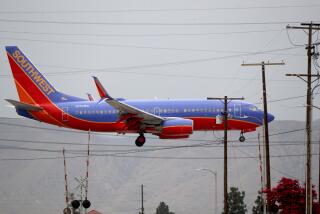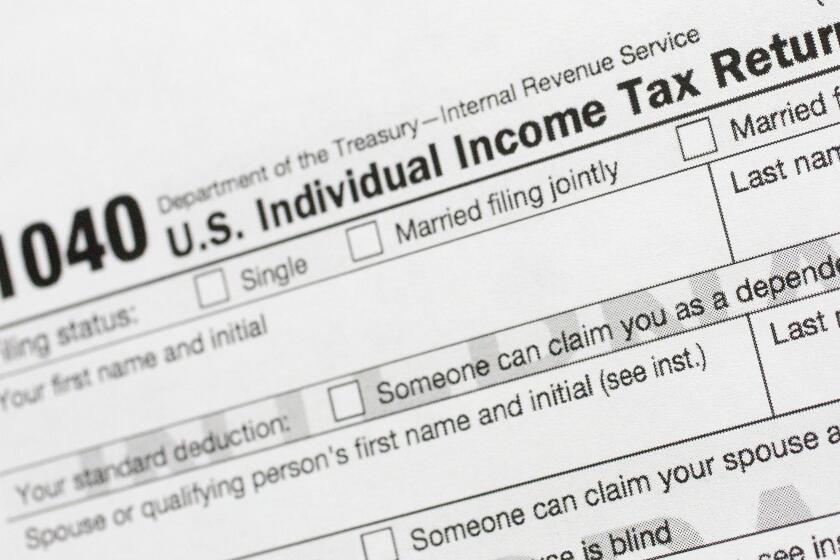Fewer businesses let employees fly business class
In response to tough economic times, large corporations have ordered severe cuts to travel spending over the last two years or so, a move that has staggered the hotel and airline industries.
To cut costs, 67% of the business travel managers responding to a survey said they changed corporate policies to restrict business-class air travel. Only 9% said they allow travelers to upgrade to first or business class on flights within North America. On international flights, the survey shows, travel managers are more likely to allow for upgrades.
The survey of more than 600 business travel managers for large corporations, conducted by the National Business Travel Assn. and travel management agency Egencia, shows that such managers rely on several policies to control travel expenses.
The topic is significant because U.S. businesses spent nearly $50 billion on air travel in 2009.
To save money, most business managers encourage travelers to buy airline tickets in advance and to use “preferred” carriers, hotels and car rental agencies that have negotiated discounts with businesses, according to the survey.
“Companies have made significant strides in the last two years to tighten travel spending,” said Christophe Peymirat, vice president of global marketing for Egencia.
Despite such cost-cutting polices, the survey found that 67% of the travel managers said consequences for violating the travel guidelines were limited or nonexistent.
What’s more, only 58% of the managers surveyed require business travelers to get approval for any travel spending before the trip.
• Shake-up in hotel room rates
Another new survey shows that travel costs vary widely by city.
A global hotel survey by Hogg Robinson Group, a corporate travel company in Britain, found that overall, hotel rates in North America remained flat or rose slightly in the first half of this year from the same period in 2009. But rates in several cities took sharp increases or decreases.
For example, hotel rates in San Francisco dropped 9% to an average of $220 per night.
In Los Angeles, rates rose 5% to $246, while rates in Montreal jumped 9% to $155, according to the survey.
Travel managers who want to save money might consider avoiding trips to Moscow, which held its place for the sixth straight year as the city with the world’s most expensive rooms, averaging $396 per night.
• O.C. boasts a ‘scary’ airport
A list of the world’s 10 scariest airports, created by the editors of Smartertravel.com, includes John Wayne Airport in Orange County.
The list includes such places as Barra Airport in Scotland; Gibraltar Airport in Gibraltar and Toncontín International Airport in Honduras, where ocean tides, interstate roads and towering mountains can obstruct takeoff and landing routes, making for white-knuckle flights.
The list was based on the suggestions of pilots and passengers.
The travel website says John Wayne belongs on the list because strict noise regulations require pilots to cut back the planes’ throttle shortly after takeoff to reduce the din for people living near the airport.
One reader of the website, posting under the name Acoulman, commented: “I flew out of John Wayne once. Scared the hell of me, even after the pilot had warned us. Don’t much care for that feeling.”
Airport spokeswoman Jenny Wedge says the takeoff procedure at John Wayne is safe and has been approved by the Federal Aviation Administration.
“You can feel them cut back on the power for a minute, and it feels like you are floating,” she said. “I don’t think it’s scary.”
hugo.martin@latimes.com
More to Read
Inside the business of entertainment
The Wide Shot brings you news, analysis and insights on everything from streaming wars to production — and what it all means for the future.
You may occasionally receive promotional content from the Los Angeles Times.










